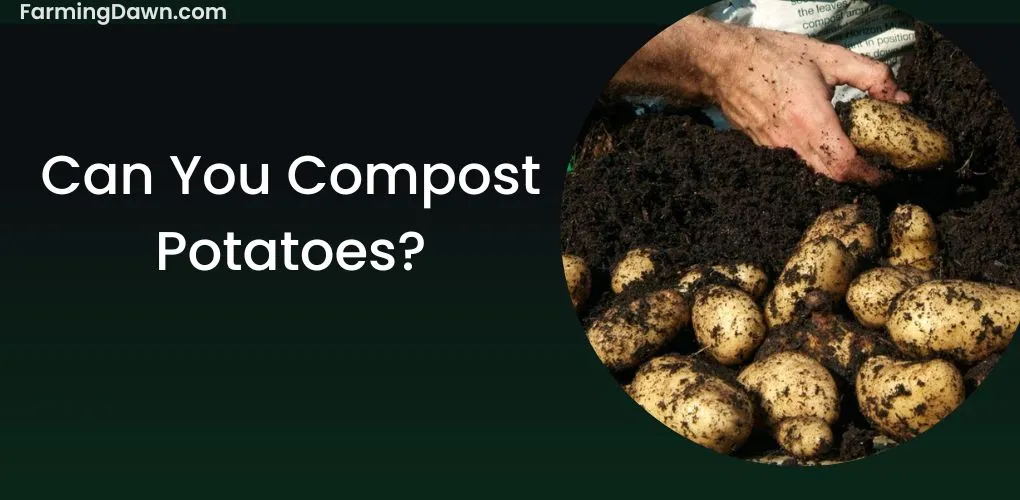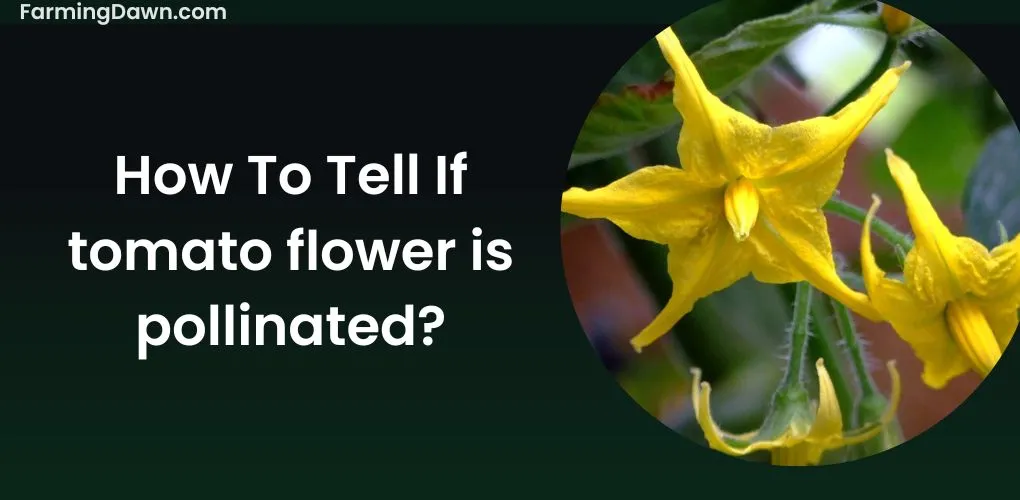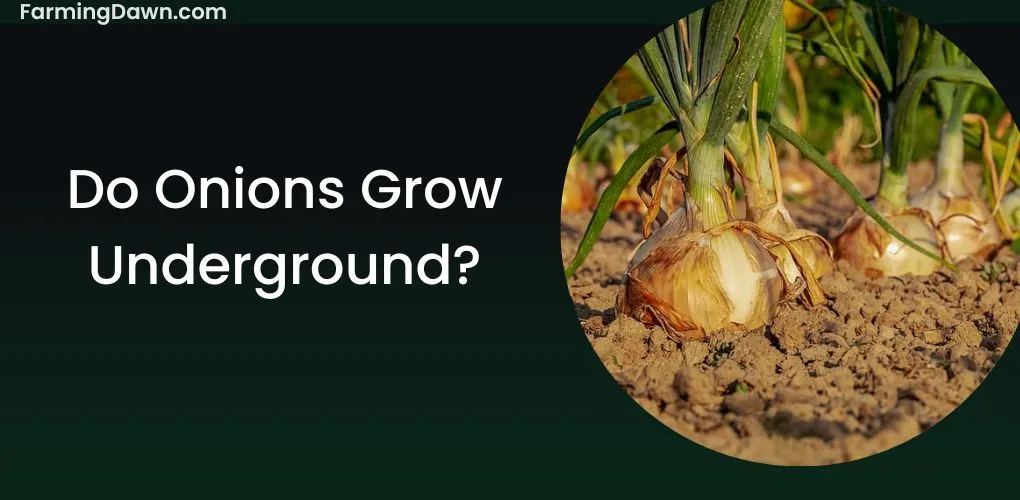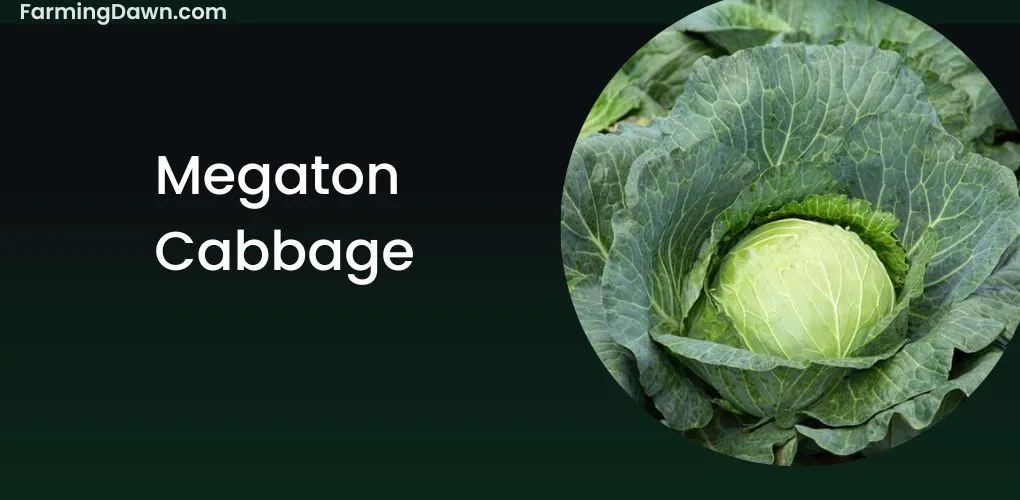Can you compost potatoes? Composting is a fantastic technique to reuse organic materials and create a soil amendment for your garden that is rich in nutrients. Particularly potatoes can be a useful addition to your compost pile.
They not only decompose swiftly but also enrich the soil with beneficial nutrients. I’ll cover the fundamentals of composting potatoes in this post, as well as some tips for maximizing this beneficial gardening tool.
By nurturing your soil and plants, you’ll not only reduce your waste but also give back to the planet. Therefore, let’s start and discover how to compost potatoes like an expert!
Can you Compost Potatoes?
Let’s start by discussing what potatoes may contribute to your compost. Nitrogen and potassium, two crucial minerals for plant growth, are abundant in potatoes.
By adding potatoes to your compost, you are giving your plants access to these nutrients in a natural, slow-release way. By doing this, you can boost your garden’s produce and improve the condition of the soil. Because after all, potatoes are vegetables, not legumes.
How To Compost Potatoes?
There are certain factors to think about before adding potatoes to your compost. The potatoes must first be chopped or shredded into little bits before being added to the mound.
This will hasten and even out their decomposition. Adding other things, such as leaves, grass clippings, or other kitchen scraps, to the potatoes is also a smart idea. Doing so allows you to maintain the pile’s balance and make sure it breaks down properly.
Potato composting also needs to take the moisture level of the pile into account. It’s crucial to prevent the pile from becoming overly wet because potatoes have a lot of water.
To prevent this, balance out the moisture content by adding dry materials, such as leaves or straw. To make sure that all the materials are receiving the oxygen they require to decompose properly, it’s also a good idea to turn the pile frequently.
Finally, it’s crucial to remember that not all potatoes can be composted. To prevent the transmission of diseases and illness to other plants, rotten or diseased potatoes shouldn’t be added to the compost pile.
Additionally, it’s preferable to avoid composting potatoes that have received chemical or pesticide treatments.
Selecting the Right Potatoes
Not all potatoes compost the same, especially when it comes to composting. Although technically, any potato can be composted, and some kinds perform superior to others.
Now you might be wondering can I compost potatoes that are fresh? No, you cannot, It’s crucial to remember that potatoes should only be composted if they are ruined or rotting. Fresh potatoes should not be added to the compost pile since they may not decompose correctly and attract bugs.
Soft and mushy potatoes are best for composting since they decompose fast and provide the compost pile with essential nutrients. Russet and Yukon Gold varieties are excellent options because they have a high starch content and degrade quickly.
On the other hand, waxy potatoes, like fresh or red potatoes, would take longer to decompose and might not provide the compost with as much nutrition. Although they might not decompose as rapidly or effectively as the starchier kinds, it is still okay to compost them.
The use of chemicals or pesticides during the potato’s production is another factor to take into account. In order to protect beneficial microbes and prevent the compost from becoming dangerous to use in the garden, treated potatoes should not be added to the compost pile.
To hasten the decomposition process, it’s a good idea to cut up potatoes before adding them to the compost pile. To assist in balancing the carbon and nitrogen levels in a pile, you can also mix them with other items like leaves, grass clippings, or kitchen trash.
In general, it’s better to use potato composting that is soft, mushy, and untreated.
Maintaining Your Compost Pile
Following are some guidelines for managing and turning your compost pile to guarantee efficient and successful decomposition.
First and foremost, your compost pile needs to contain a balance of carbon and nitrogen. This entails mixing in both “brown” and “green” items, such as grass clippings, vegetable scraps, and coffee grounds, as well as “brown” materials like leaves, twigs, and shredded paper. The optimal carbon-to-nitrogen ratio is around 30:1.
Next, it’s crucial to maintain a moist but not soggy compost pile. Moisture is necessary for the microbes that decompose the organic matter to flourish, but too much moisture can impede the process and lead to anaerobic conditions. As a general guideline, the compost pile ought to resemble a wrung-out sponge in terms of moisture.
Regular compost pile turning is also essential. This aerates the pile and promotes uniform heating and moisture distribution. For turning a pile, you can use a pitchfork or a compost aerator tool. At the very least once every week, the pile should be flipped.
You can also include a compost accelerator to quicken the composting process. Most garden supply stores have these, which can include a variety of ingredients like kelp meal, blood meal, and bone meal.
Last but not least, it’s crucial to keep your compost pile in a spot that receives some sunlight and is shielded from severe rain. A covered compost bin or a sunny area in the garden will do.
Benefits of Composting Potatoes
Potatoes are no exception, and composting them can have many positive effects on your gardening endeavors.
Composting potatoes has many advantages, one of which is that it can significantly raise the soil’s quality. The nutrients nitrogen, phosphorus, and potassium, crucial for plant growth, are abundant in potatoes.
These minerals are broken down and made available to your plants when composted, enhancing soil fertility and encouraging strong growth.
Composting potatoes also has the potential to improve soil moisture retention. Since potatoes have a high water content, they release this moisture as they decompose when put into the compost pile.
This is very useful in arid places where maintaining soil moisture might be difficult. You can also grow the plant of these arid places as cacti to increase the beauty of your garden.
Potato composting can assist in lowering the volume of garbage sent to landfills. Potato scraps and peels can be added to the compost pile rather than discarded so that they can decompose and become a useful resource for your garden. This not only reduces trash but can also help you save money on soil conditioners and fertilizers.
Last but not least, composting potatoes might help you manage pests and diseases in your garden. Numerous diseases and pests, including Colorado potato beetles and potato blight, thrive on potatoes.
But when composted, the high temperatures produced by the decomposition process can kill off these pests and illnesses, lowering the likelihood that they will spread to your garden.
Can You Compost Potato Peels?
Yes, you can compost potato peels. They decompose rather fast and are a good source of nitrogen for the compost pile. To stop the spread of the disease, it is recommended to avoid putting potato peels from a sick plant in the compost pile. It is crucial to remember.
Start by cutting or shredding the potato peels into little pieces before composting them. As a result, they will decompose more quickly, and the species in your compost pile will have an easier time accessing the nutrients.
Then, include the shreds of peels together with other organic waste products like leaves, grass clippings, and kitchen scraps into your compost pile.
It’s critical to keep the nitrogen and carbon levels in your compost pile balanced. Above I have explained the balance of these two components. To your compost pile, you can also add extra components like worm castings, bloodmeal, or bone meal.
These components can hasten the process of breakdown and give your plants extra nutrients. Finally, remember to frequently turn and maintain the moisture in your compost pile.
This will encourage the growth of microorganisms and aid in aerating the pile. In around six months, your composting process ought to be prepared for use with proper care and upkeep.
Compost can help your soil by enhancing it in your garden once it is finished. Compost should be applied over the soil and then worked in using a rake or trowel. It can also be used for your plants as a top treatment.
Can You Compost Mashed Potatoes?
Yes, you can compost mashed potatoes. However, it’s important to note that if the mashed potatoes contain butter or cream, it’s best to avoid adding them to the compost pile as they can attract pests.
Because they are primarily constituted of starch, a type of carbohydrate, mashed potatoes are a perfect addition to a compost pile. The bacteria in the compost pile use carbohydrates as a major source of energy to decompose the organic material.
The starch in the mashed potatoes will be broken down into simpler compounds by the bacteria as they feed on it, allowing plants to use it as nourishment.
It’s crucial to keep in mind that in order to ensure thorough decomposition, mashed potatoes should be mixed with other materials before being added to a compost pile.
For a compost pile to be healthy, it needs to have a proper balance of “green” and “brown” components. Grass clippings, food wastes, and coffee grounds are examples of “green” materials that are high in nitrogen.

Materials referred to be “brown” contain a lot of carbon and include items like straw, dried leaves, and sawdust. An appropriate ratio of “green” to “brown” materials is approximately three parts brown and one part green.
Additionally, if you’re utilizing a backyard compost pile and composting throughout the summer, you might want to avoid adding mashed potatoes. Because they are root vegetables and have a lot of starch, potatoes can draw bugs and generate odors as they decay.
Can You Compost Cooked Potatoes?
Yes, you can compost cooked potatoes! Whether boiled, baked, or roasted – all types of cooked potatoes can be added to the compost heap. Just make sure that anything you add has cooled off before it goes into the pile so as not to attract unwanted pests!
Composting isn’t limited to plain raw potatoes either; green potatoes are perfectly fine to include in the mix because they contain natural compounds that help promote healthy plant growth. If you’re unsure about whether or not something should go into your compost pile, be on the side of caution – but rest assured that cooked spuds are an excellent source of nutrition for your garden.
Can You Compost Potato Chips?
If you think potatoes are amazing, why not take it to the next level and ask yourself “Can I compost potato chips?” Believe me when I say that yes, you can absolutely make your own compostable potato chips!
Potato chip bags don’t have to end up in a landfill. You just need to know how best to go about making sure they get properly composted.
Start with small steps: collect all of those empty bags from friends and family who love their snacks as much as you do. Use them for potting soil or add them directly into your garden beds where they will break down over time.
Alternatively, snip open the bag and sprinkle its contents around any plant or flower bed; even better if there’s a layer of mulch underneath!
The oil-based ingredients found in most store-bought chips may delay decomposition so be sure to spread these out evenly & thinly across an area. Composting these treats is definitely possible but requires some special attention due to their extra oily content.

When done right though, the reward of nourishing your soil with nutrient-rich composted potato chips makes it worth every bit of effort!
Can You Compost Potato Leaves?
Yes, you can compost potato leaves! Potato leaf composting is an alternative to traditional fertilizers and helps create healthy soils with increased microbial activity.
Composting potato leaves has many benefits such as improving water retention in soil, suppressing plant disease, and increasing organic matter content in the soil.
When composting potato leaves, make sure that they are cut up into small pieces so that they will break down faster. You can also mix them with other materials like grass clippings or manure for added nutrition if desired.
Make sure to keep the pile damp but not too wet and turn it every few weeks to aerate it which will help speed up the decomposition process.

Can You Compost Potatoes? Final Thoughts
In conclusion, can you compost potatoes? Composting potatoes might be a fantastic approach to enriching your garden’s soil with essential nutrients. You can get the most out of this important gardening tool by following a few simple guidelines, such as cutting the potatoes into little pieces, combining them with other materials, and maintaining a balanced mound.
So, after reading this post, can you compost potatoes all by yourself? If yes, then I am glad. I hope you liked this post!






